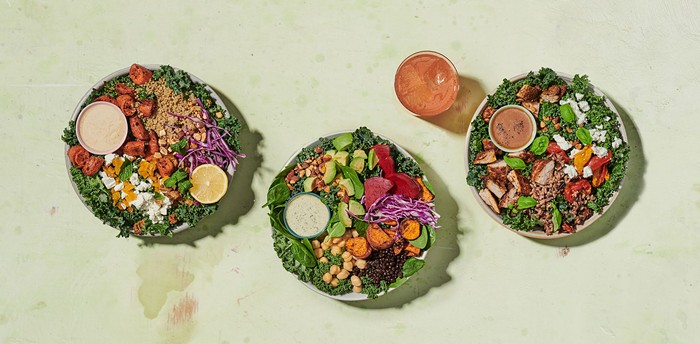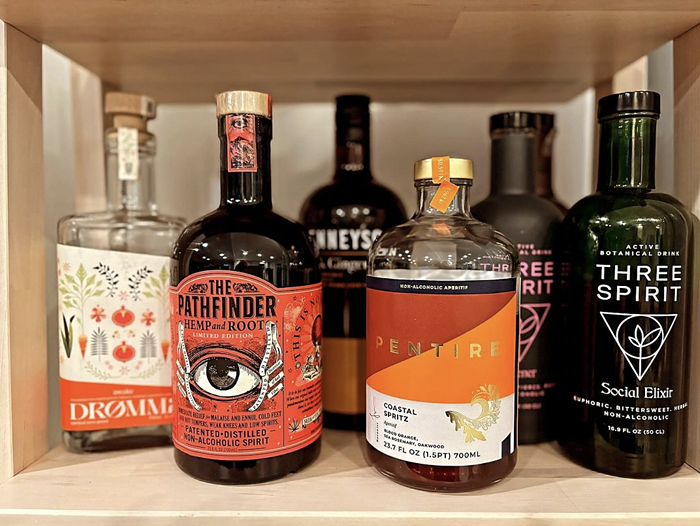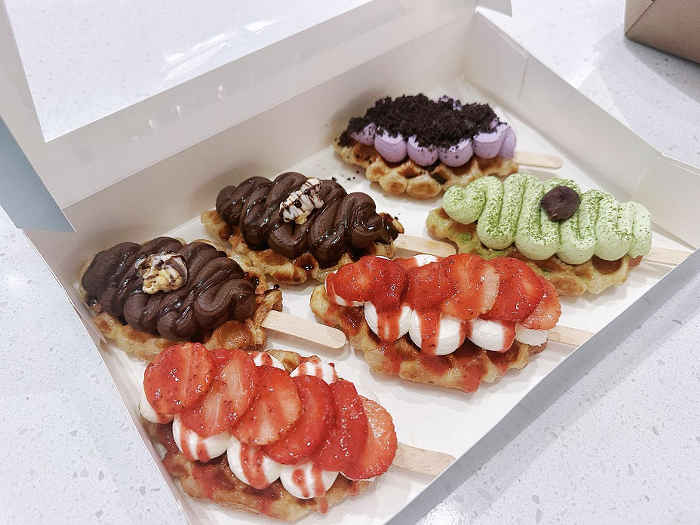
Not to be all “told you so,” but just one day after I predicted that 2020’s west-coast wine harvest would be cursed with a particularly smoky flavor, the Washington State Wine Commission is sounding the alarm about “smoke taint,” which is a very serious agricultural problem and also the name of my third-favorite sex position.
"Up until recently, it's been a near-perfect vintage and then the fire started," Steve Warner, president of the commission, told King5. Other produce harvests are disrupted as well—in part because farms have held back on putting workers in the fields right now. Overall, it’s looking like everything that used to be healthy (getting fresh air, eating fresh fruits and veggies, and getting wasted on box-wine) is now cursed.
But can’t grape-growers just, you know, wipe the smoke off the fruit? Or hose it down or something? Well, no—because the smoke has an unexpected impact not just on the outside of plants, but also on the insides.
Washington State University researchers have studied smoke taint for years, and they’ve found that the smoke particles basically glue themselves to the sugars inside the grapes. As a result, you can’t just smell smoke damage while fruit's on the vine, or even after it’s turned into wine. But the acid of the wine gradually breaks down those bonds, and a gross ashtray flavor suddenly leaps out at you when you sip it—in part because of the enzymes in your mouth.
This damage seems to happen no matter when the grapes are exposed to smoke, whether before or after they ripen. (Or if you’re a fancy wine weirdo, pre-veraison or post-veraison.) One of the main factors affecting the flavor is the type of wilderness burning; research shows that rabbitbrush, which grows throughout the west, releases particularly foul-tasting compounds, while smoke that blows down from fires in Siberia doesn’t have the same problem.
Fortunately, vineyards have smoke-monitoring devices in place that can detect when the crop is exposed and prevent bad-tasting product from getting made—so for now, it’s still safe to buy Washington wine. But who knows what will happen if (or, I hate to say it, when) we get to a point when smoke is present over the whole state all summer long.



















